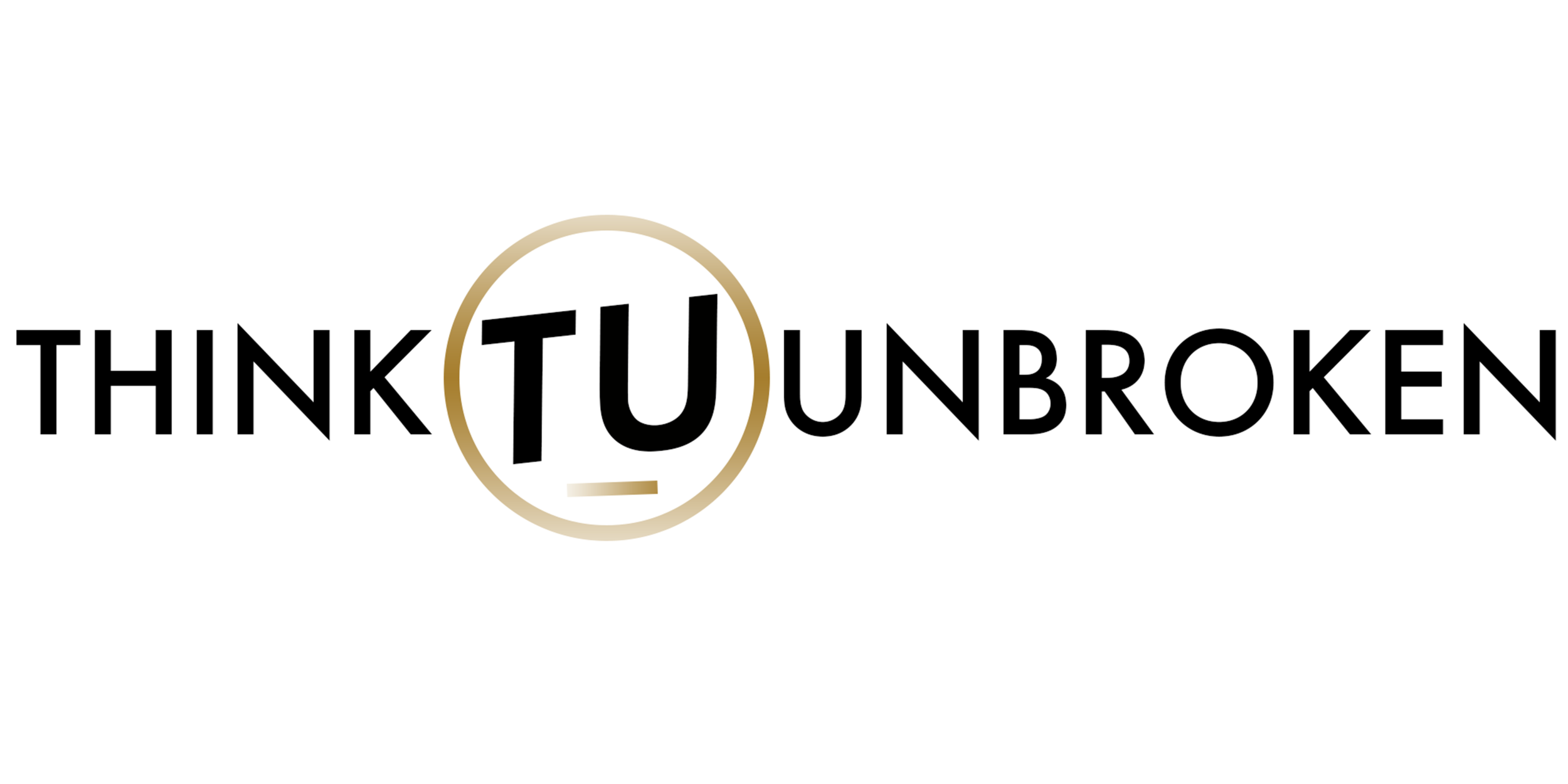How to know if someone in your life is toxic and how to set boundaries with them
How to understand if someone in your life is toxic and how to set boundaries with them
Have you ever wondered why it feels like some people in your life only want you to fail? Did that sentence immediately bring someone to mind that you know doesn't have your best interest at heart? Feeling that you are not being valued or worse, devalued is not an uncommon thought to have when dealing with certain people in your life. Seeing the good in people is inherently something that you may notice. But what do you do when the people around you only want to see you crumble? The short answer. Walk away. But, that's not the only answer.
In the day we live, it's fair to label some people toxic. That’s a harsh word that is too often thrown around but also a fair point at times. There is a level in which you can pull from the negative energy of others to influence yourself. At times you can even leverage toxic people to make you better. However, one of the biggest problems you will face when dealing with toxic people is that ultimately they want to see you fail and if you buy into that then you will. Wanting the worst for you could be because they are scared of their own potential for success or because they see a reflection of themselves in you.
Since the dawn of man, there have been human beings that want to see others fail. There is a myriad of reasons that toxic people want to see you fail. Perhaps they were raised by parents who tore them down at every opportunity, or maybe they were once successful but fell off. For some, there is fulfillment in seeking pleasure from others failures. At times your strife can be their fuel for happiness. It's fair to say that these very people are toxic to you, themselves, and others. Anyone who strives towards making efforts to see your downfall are haters and haters are toxic.
How to deal with people who want to hold you back
Before you decide how to handle toxic people, you should take inventory of what if any value they bring to your life. How do you determine the value of a toxic person?
Ask yourself the following questions:
Is this person ever positive, or do they only thrive in negativity?
When I’m around this person do I feel excited, stressed, fearful, hopeful, or neutral?
Is this a person that I have contact with in real life or only on social media?
What are my thoughts about this person when I encounter them?
Do the actions of this person impact my mental, emotional, or physical health?
Are there any positive attributes that this person has?
In what way do they impact the other people in my life?
Am I allowing them to dictate my thoughts, feelings, or emotions?
What power do they hold over me?
These questions are the catalyst for creating clarity in a way that can help you make a declaration of the impact and value that someone may or may not bring into your life. If you find that at some level there is tangible value of some kind that is being distilled from this person, then perhaps an intervention in the relationship is needed. If the person is a sibling or romantic partner, then perhaps seeking therapy or counseling may be a prerequisite in healing the relationship. If it's a friend then having a heart to heart conversation about what you are feeling could be in order. If in either scenario, the person is not responsive or willing, then you may want to consider more drastic measures.
There is no rule that says you must keep negative people in your life. From parents to lovers and companions, there is no reason that you must continue to be in relation with someone who doesn't have your best interest in mind. There is a considerable miscommunication happening in society that tells us that we must stick by our parents and/or partners and friends because we somehow owe them something. Have you ever heard, that's your mother/father you owe them your life. No one alive gave consent to be born, and yet every day, people are told that they must continue to provide consent to people who are toxic. This is simply not true. That's not to say that removing a person from your life who is toxic is easy because it's not, but self-preservation is paramount. The only person you owe anything to is yourself.
Totally removing someone from your life may feel too intense or you may not yet be in a place that it makes sense to step away from someone fully. What do you do in this scenario? Set boundaries.
How to set boundaries with toxic people
Assuming that you have answered the previous questions and have come to a crossroad that you are not ready or willing to fully step away, then you must create boundaries. Setting boundaries is not only a form of self-care, but they are also the very action that can salvage a toxic relationship; this, of course, is if you choose to continue to make an effort to create change.
What do boundaries look like in toxic relationships?
You have the ability to choose to hit the eject button or add boundaries into the equation. Determining what those boundaries are should be based on what you believe to be acceptable behavior. One way to have a better understanding of what is acceptable is to ask yourself how you deserve to be treated. If you believe it is acceptable for people to talk down or belittle you, then you must first create a new baseline for how you want to be engaged with. If you believe that you should be respected at all times, then that is the caliber of acceptability.
Boundaries can range from limiting contact to blocking accounts on social media to even filing for restraining orders. Your self-preservation and well-being should always come first, and that may mean making tough decisions. Boundaries do not have to be so cut and dry either. Ultimately, what you have to decide is in what way are you willing to be in relation with another person. If that person continues to cross your threshold of acceptability, then you may have to take more drastic actions like eliminating all contact. For many people, the idea of treating others how you want to be treated is the cornerstone to how they interact with their fellow human. Can you see what's missing when your own actions of kindness, graciousness, and helpfulness are not reciprocated or worse when you are stepped on and mistreated? How does it feel when instead of being brought up, you are torn down? There is a disconnect that must be addressed when you allow toxic people to be present in your life.
Having people in your life that want to hold you back can be both good and bad depending on the level in which they impact your life. Many people find great strength in using haters as fuel, but sometimes those haters turn toxic and create a negative impact. When this happens, ask yourself, where does this person belong in my life, and if they really only want to see me fail, why am I allowing them to be present?

